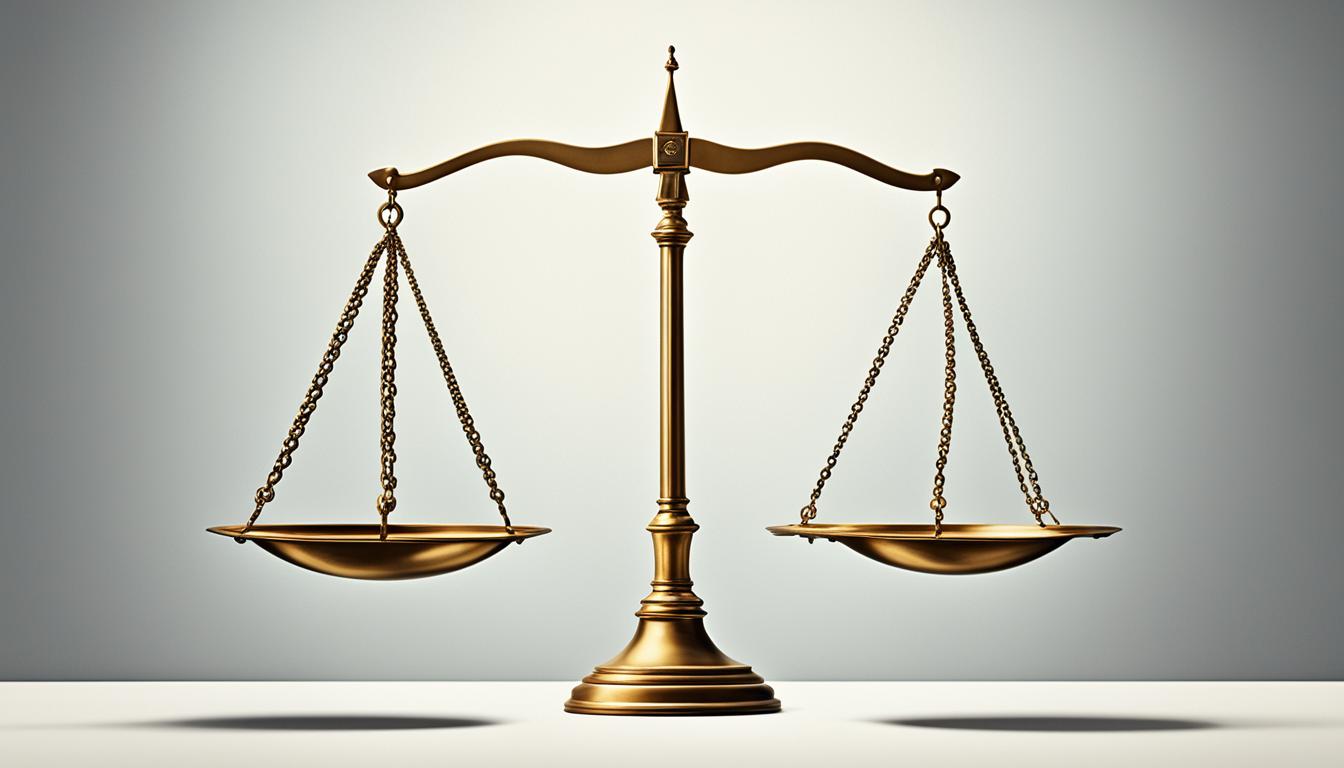The Role of the Law of Gender in Your Personal Evolution!
Have you ever wondered how the Law of Gender influences your personal growth? Is there a balance between the masculine and feminine energies within you that can lead to self-discovery and transformation? Discover the profound impact of the Law of Gender on your journey of personal evolution.
Throughout history, scholars have debated the origins and causes of gender roles and gender inequality. But what if I told you that understanding the Law of Gender could hold the key to unlocking your full potential?
In this article, we will explore how the Law of Gender fosters balance between masculine and feminine energies, allowing you to embrace the richness of your multiple identities. We will delve into the theories behind gender relations, examining both evolutionary psychology and the biosocial model. And we will discover the importance of embracing gender diversity, challenging societal norms, and embracing your own unique expression.
Key Takeaways:
- Understanding the Law of Gender can lead to personal growth and self-discovery.
- Gender relations are shaped by strategies that promote reproductive success.
- Evolutionary psychology and the biosocial model offer different perspectives on gender roles and gender inequality.
- Cultures around the world embrace gender diversity and challenge binary understandings.
- Your journey of personal evolution is uniquely yours—embrace your multiple identities and express yourself authentically.
Previous Theories of Gender Relations
When exploring gender roles and gender inequality, it is essential to examine the insights provided by previous theories. Two prominent theories in this field include evolutionary psychology and the biosocial model. These theories shed light on the complex interplay between biology, society, and individual experiences in shaping gender dynamics.
Evolutionary Psychology
Evolutionary psychology posits that sex differences in behavior and psychological dispositions are a result of selective pressures in intersexual selection and intrasexual competition. This theory highlights the role of genetics in gender-related behaviors, emphasizing the influence of evolutionary forces on reproductive success.
Evolutionary psychology recognizes that the development of gender roles is not solely determined by genetics. Environmental factors also play a significant role, contributing to phenotypic plasticity. In other words, the expression of genetic traits can be influenced by non-genetic factors such as social norms, cultural practices, and individual experiences.
The Biosocial Model
The biosocial model takes a broader perspective, considering the interaction between physical attributes, reproductive activities, and social, technological, and economic factors in shaping gender roles and gender inequality. This model acknowledges the complex interplay between biology and society, recognizing that gender is not solely a result of genetic influences.
The biosocial model suggests that gender roles and gender inequality are products of a complex interplay between biological predispositions and environmental contexts. It highlights the influence of societal norms, cultural values, and economic systems in shaping gender dynamics.
| Theories | Main Focus | Key Factors | Limitations |
|---|---|---|---|
| Evolutionary Psychology | Genetic influences on gender-related behaviors | Selective pressures, intersexual selection, intrasexual competition | Does not capture the full complexity of gender relations, limited emphasis on social and environmental factors |
| Biosocial Model | Interaction between biology and social/environmental factors | Physical attributes, reproductive activities, social, technological, economic factors | May oversimplify the complexity and variations of gender relations, less focused on genetic influences |
Conclusion
While both evolutionary psychology and the biosocial model provide valuable insights into gender roles and gender inequality, they have their limitations. These theories offer partial explanations, focusing on specific aspects of gender dynamics rather than providing a comprehensive understanding of the complexities at play. By considering multiple perspectives and embracing interdisciplinary approaches, researchers can continue to deepen our understanding of gender relations and contribute to the promotion of gender equality in societies around the world.
The Importance of Embracing Gender Diversity
Cultures around the world have recognized the fluidity of gender and have accepted and celebrated gender nonconformity. Indigenous communities in Mexico, the Philippines, and the United States have embraced third genders or individuals who transcend the binary understanding of gender. These communities demonstrate the importance of embracing gender diversity and challenging societal norms.
Gender is not solely determined by biological sex and should not be confined to a binary understanding. Each person holds multiple identities, and it is crucial to recognize and respect individuals’ gender identities and expressions. By embracing gender diversity, we can foster a more inclusive and accepting society for all individuals to live authentically along the full continuum of self-expression.






